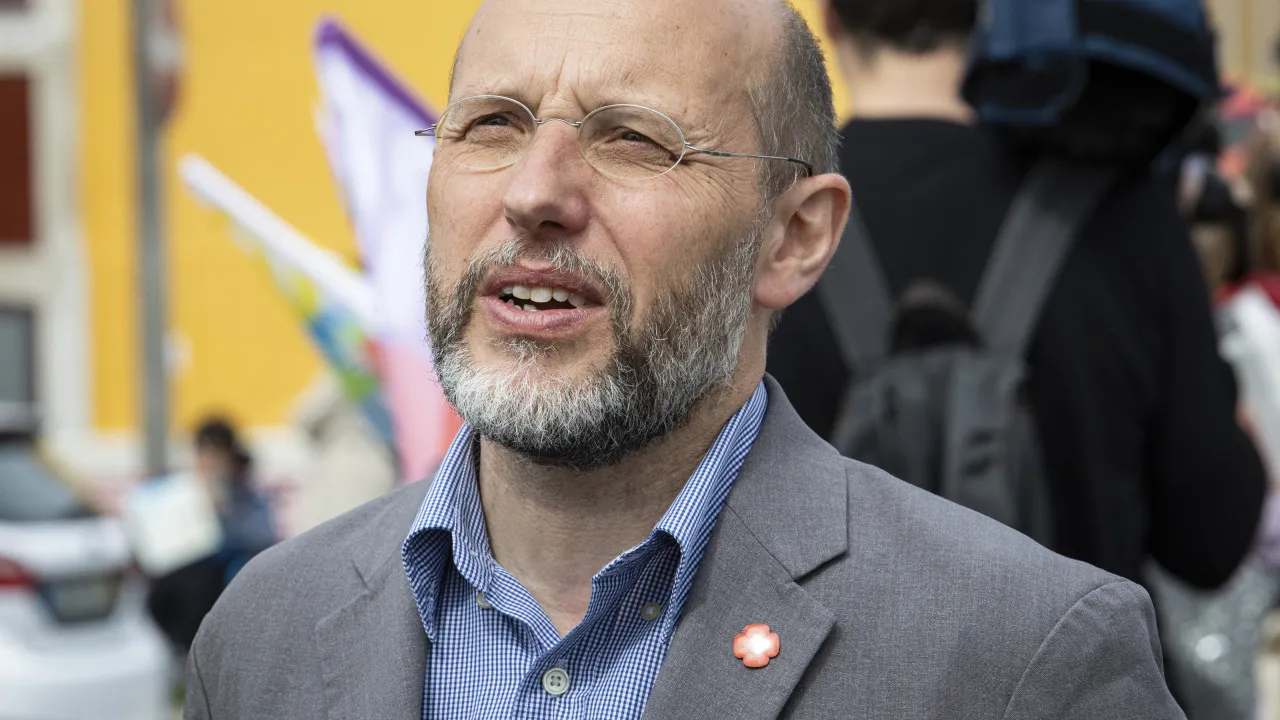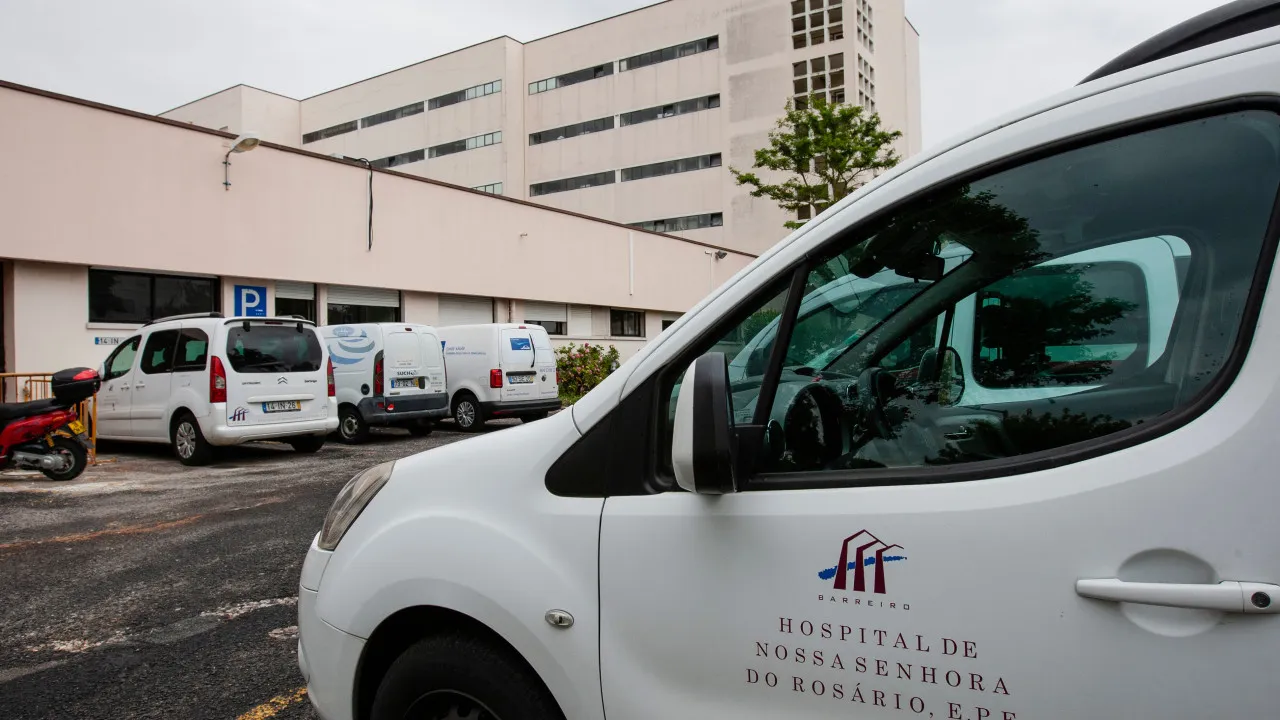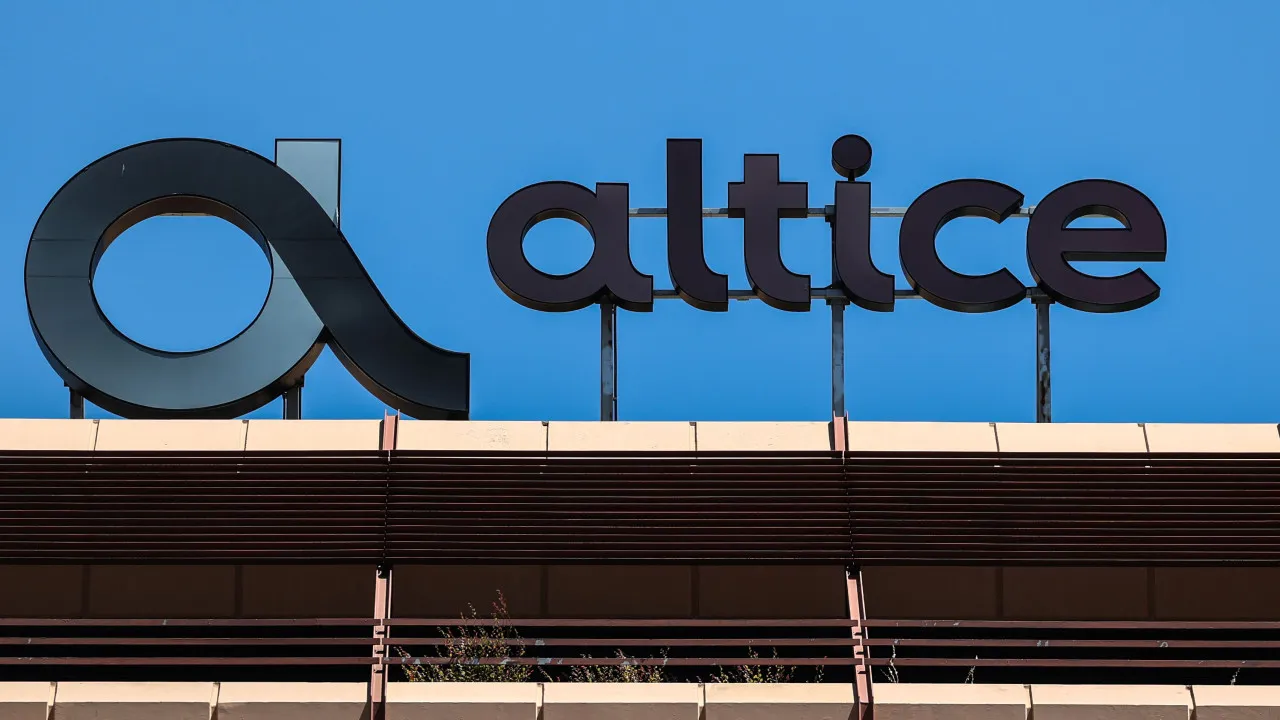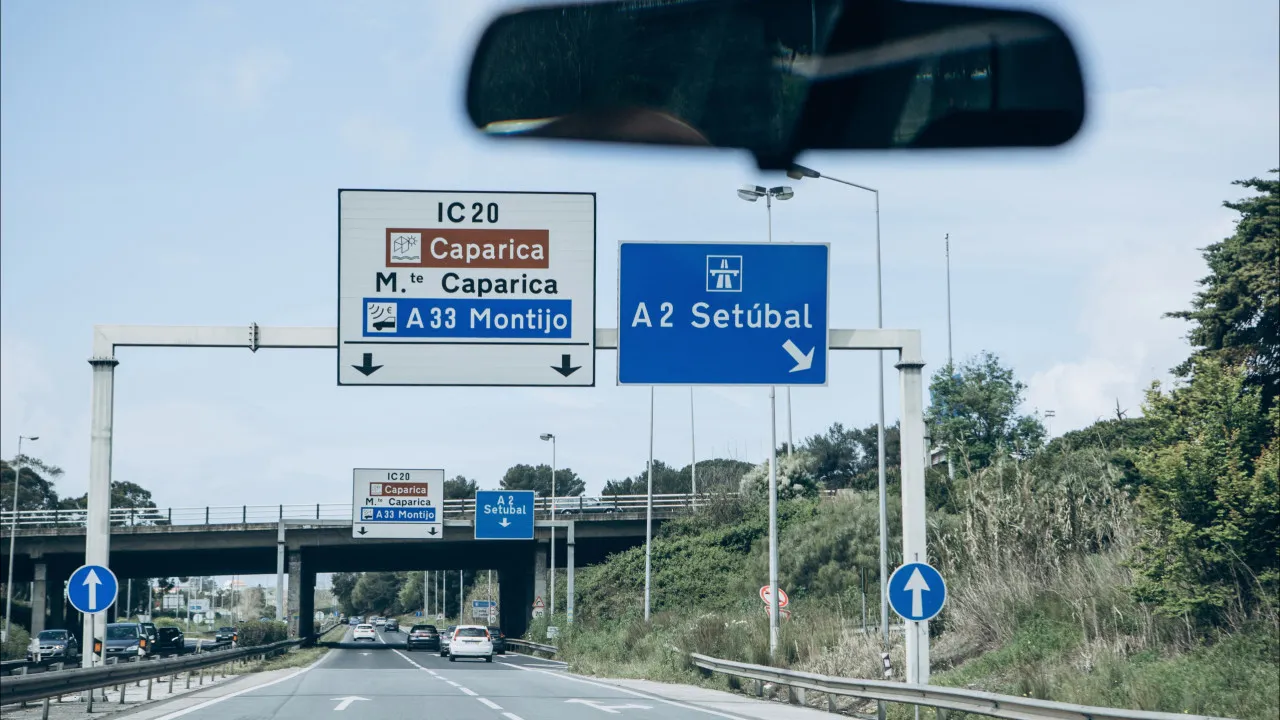
A legislative inquiry has been made, with the Livre party insisting on the need for more comprehensive data to fully understand the duration and distribution of parental leaves, and to facilitate balancing parenthood with work. This includes options like combining work with partial leaves or allowances for breastfeeding.
Regarding breastfeeding allowances, the party seeks statistics from the government on the number of beneficiaries during and after the child’s first year, as well as an age-based distribution of allowance usage.
Concerning the scope and reach of initial and extended parental leave, the party requests information on the number of beneficiaries of father-specific leave, as well as a distribution by gender and the average duration of initial and extended leave.
The party also desires data on how the length of initial and extended leave impacts the benefits received and the number of beneficiaries combining leave with part-time work.
Led by Isabel Mendes Lopes, the parliamentary group argues that progress in harmonizing work and family life requires knowledge of current data and its trajectory.
This request is timely, as a government-approved draft reform of labor laws is under discussion. The reform proposes capping breastfeeding leave at two years and necessitating semiannual medical certificates, whereas currently, only a certificate beyond the first year of the child’s life is required.
Additionally, the draft reform suggests changes to the father’s exclusive parental leave, mandating 14 consecutive days immediately following the child’s birth.
The proposal aims to amend Article 43 of the Labor Code to make it mandatory for fathers to take a 28-day parental leave within 42 days of the child’s birth, with 14 days taken consecutively.
Currently, fathers are required to take at least seven days following the birth.




